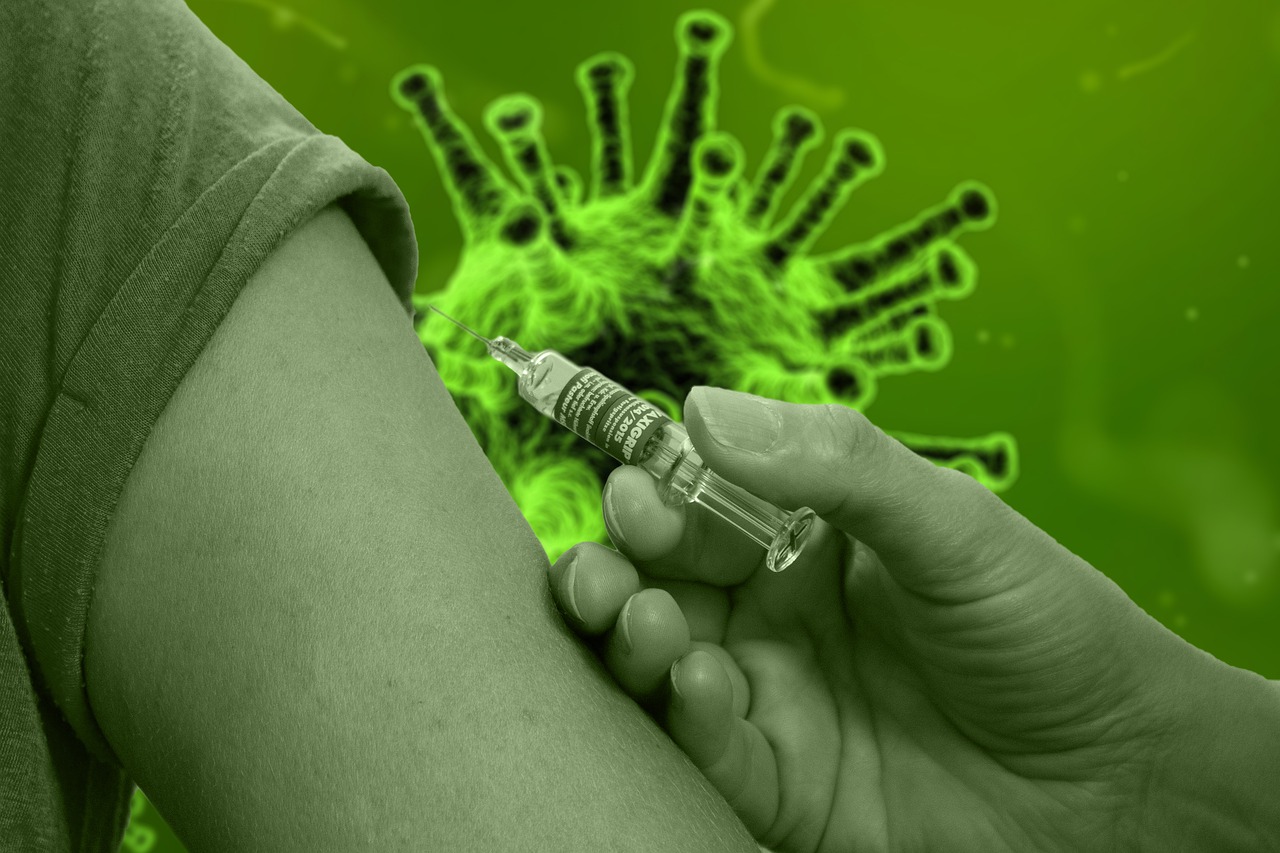The following is a media release from Sen. Ed Markey and Sen. Elizabeth Warren, who were elected by voters in the Commonwealth of Massachusetts to serve the state in Washington DC in the US Senate. Both are Democrats.
***
[broadstreet zone=”59982″]

WASHINGTON DC – Congresswoman Ayanna Pressley of the 7th congressional district in Massachusetts and Senators Elizabeth Warren (D-MA) and Edward J. Markey (D-MA) sent a letter to the U.S. Department of Health and Human Services (HHS) urging the Department to work with the relevant federal agencies to monitor and address racial, ethnic and other demographic disparities in our national COVID-19 vaccination deployment strategy, and ensure equitable vaccine access for Black, Latinx, Indigenous, and immigrant communities.
“Free and equitable access to vaccines is essential to saving lives and slowing the spread of the coronavirus,” the lawmakers wrote in their letter to Acting HHS Secretary Norris Cochran IV. “The recent distribution of approved vaccines is a sign of hope that much needed recovery from this pandemic is near. However, it is critical that the federal government’s vaccine deployment campaign does not fail the communities that have been forced to shoulder the greatest burden.”
[broadstreet zone=”59983″][broadstreet zone=”59984″]
Since the onset of the pandemic, Black, Latinx, Indigenous and immigrant communities have experienced a disproportionate burden of COVID-19 cases and deaths, and these communities continue to be at increased risk of hospitalization, face greater barriers to testing, and in many areas, make up the majority of frontline workers who are at risk for increased exposure to the virus.
Despite the clear vulnerability of people of color in this public health emergency, comprehensive data on the racial, ethnic, and other demographic characteristics of people who have been treated or vaccinated for COVID-19 does not exist.
This lack of information will exacerbate existing health disparities and result in the loss of lives in our most vulnerable communities.
[broadstreet zone=”59946″]
To ensure that policymakers can effectively combat these health disparities and direct resources to the communities hardest hit, the lawmakers asked HHS to work with states, localities, and private labs to collect and publish demographic data of vaccine recipients—in a way that protects personal identifiable information from law enforcement agencies—and work with tribal governments and urban Indian health programs to avoid any shortages of vaccine doses.
The lawmakers also urged the CDC to improve the collection and public reporting of racial, ethnic, and other demographic data for COVID-19 cases and build out reporting to ensure that our most vulnerable communities are not left behind in our national vaccination plans.
[broadstreet zone=”70106″]
“Without robust demographic data, policymakers and researchers cannot fully address the disparate impact COVID-19 continues to have on communities of color or address vaccine hesitancy among communities that have had their trust broken by the medical system,” the lawmakers continued. “As you take the helm of HHS amidst continued COVID-19 surges across the country and a slow vaccination rollout, we urge you not to delay collecting this vital information, and to take any additional necessary steps to ensure that all Americans have the access they need to COVID-19 treatment and vaccination.”
[broadstreet zone=”70107″]


